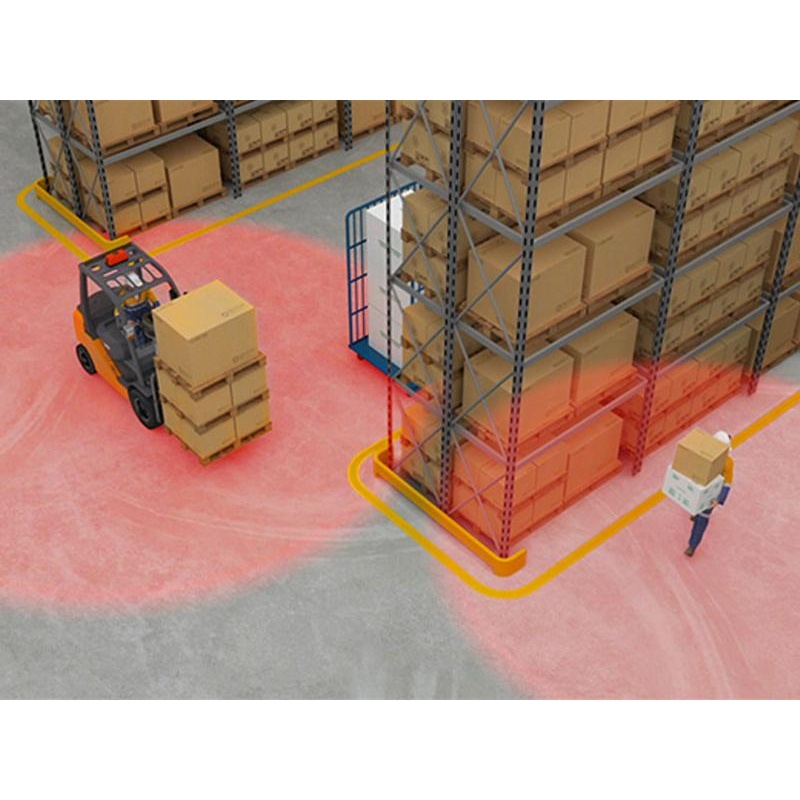Ten Checkpoints for Safe and Secure Online Shopping
.jpg/200px-Man's_Suit_LACMA_M.2007.211.41a-c_(1_of_6).jpg) Here are ten checkpoints that online shoppers can use to decide whether a particular online merchant is legitimate and a safe place to buy from.
Here are ten checkpoints that online shoppers can use to decide whether a particular online merchant is legitimate and a safe place to buy from.
Check whether the postal or street address or phone number is easy to find on the home page.
Businesses that fail to list a contact address on their home page may have a good reason for not doing so. But its hard to think what that reason might be. Certainly any business that is serious about offering after sales service and/or support to its customers will publish its contact details, including a phone number, in a prominent location.
Look at the About Us, Contact Us, and Delivery pages.
A reputable online merchant will usually have these three specific pages on its website. The About Us page typically details further information on the identity of the merchant, such as information about the owners of the business. The About Us page will also often provide a short history of the business. Many companies will display their official business name and registration number on the About Us page.
Information on delivery, including details of carriers used to ship orders, and how long it will take to deliver, are standard features of a reputable online site.
So too is a Contact us page providing full postal and street address, as well as phone and email details.
Check the registered business details with a relevant government agency.
Government agencies that register and monitor businesses can sometimes be a good source of background information. That’s because most countries require a business to be registered for tax purposes.
However in many countries there are different types of business, such as those which are incorporated ( i.e. companies) and those which are not.
So searching for information about a business can be difficult if you don’t know what type of registration is involved.
In Australia searching is relatively easy because every business is require to have an Australian Business Number (ABN) or Australian Company Number (ACN).
Both can be searched online. A good place to start is the Australian Securities and Investments Commission (ASIC) website.
Look up whois information for the domain name.
A free Internet service known as WHOIS provides details on the domain name license-holder. For top level global domain names ( i.e. the ones that mostly end in or ) the service is available at Internic.
For Australian (i.e. ) domain names the WHOIS service is provided by a company called Ausregistry.
Privacy Policy or Statement
In many countries it is a legal requirement that a business protects the personal and private information of their customers. Or at least there are restrictions on what a business can do with that information. A Privacy Policy or statement will usually indicate whether the business plans to share your private information.
Security
Many online businesses secure their order or payment page with an encryption certificate. This ensures that the data in your online order or payment is encrypted as it travels across the Internet. You can always tell whether a certificate has been installed because the web page address will start with https instead of just http.
Some online shops may also display a security seal or symbol. Sometimes known as a trust mark, the seal is a readily visible indicator that the site has passed or completed an audit or assessment from a specialist security group or company. It gives online shoppers added assurance that the site is a secure place to shop and do business. The government-backed Better Business Bureau in the US, for example, operates a trust-mark program.
Payment
Online businesses should tell you how they are going to process your payment and, particularly in the case of credit-card backed transactions, tell you what business name will appear on your statement. Where credit-card details are collected by the business, they should be protected by up-to-date security, storage and handling processes such as those outlined in the Payment Card Industry – Data Security Standard (PCIDSS) standard. For more information on the standard go to
Refunds
For physical goods, i.e. those being delivered by a freight or courier company, there should be a clear statement of the circumstances under which you can return goods, and who will pay for the return freight.
Help
Whether it is there primarily to help you locate information about the business, or whether to help you figure out how a web-site works, there should be a Help page, often known as an FAQ page (Frequently Asked Questions)
Government resources
There are a number of federal and state government agencies that help monitor online and Internet businesses. Some have web-sites and or publications that help educate consumers about shopping safely online. Others provide complaint services.
In the US the Federal Trade Commission is a key agency, whilst down-under specialist government services include the Australian Competition and Consumer Commmission’s Scamwatch and ASIC’s Moneysmart.





:max_bytes(150000):strip_icc()/highest-value-upgrade-for-bathroom-GettyImages-1256574533-68fa8b7e19d5439392ea86c2a5e433ec.jpg)



